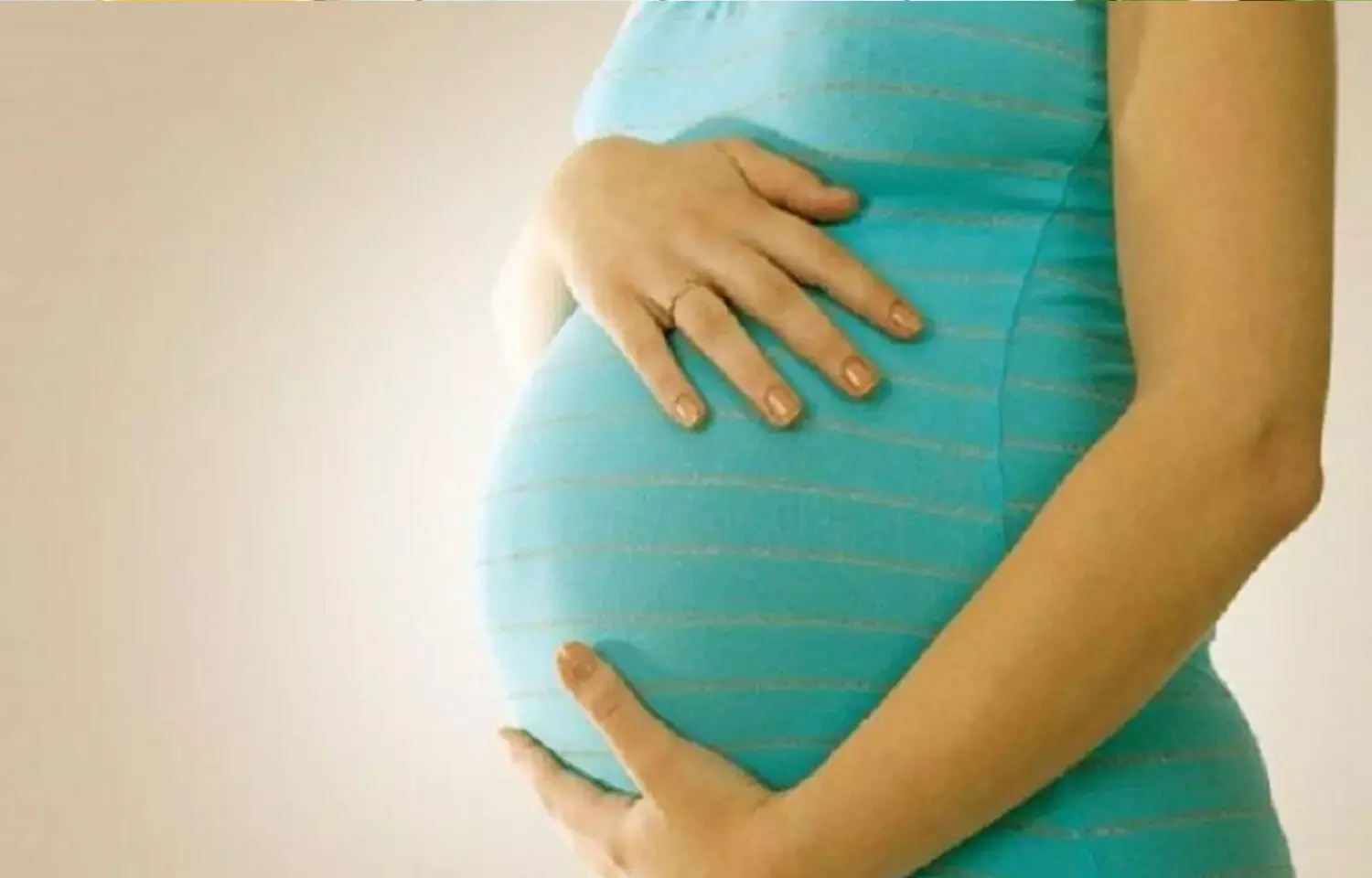- Home
- Medical news & Guidelines
- Anesthesiology
- Cardiology and CTVS
- Critical Care
- Dentistry
- Dermatology
- Diabetes and Endocrinology
- ENT
- Gastroenterology
- Medicine
- Nephrology
- Neurology
- Obstretics-Gynaecology
- Oncology
- Ophthalmology
- Orthopaedics
- Pediatrics-Neonatology
- Psychiatry
- Pulmonology
- Radiology
- Surgery
- Urology
- Laboratory Medicine
- Diet
- Nursing
- Paramedical
- Physiotherapy
- Health news
- Fact Check
- Bone Health Fact Check
- Brain Health Fact Check
- Cancer Related Fact Check
- Child Care Fact Check
- Dental and oral health fact check
- Diabetes and metabolic health fact check
- Diet and Nutrition Fact Check
- Eye and ENT Care Fact Check
- Fitness fact check
- Gut health fact check
- Heart health fact check
- Kidney health fact check
- Medical education fact check
- Men's health fact check
- Respiratory fact check
- Skin and hair care fact check
- Vaccine and Immunization fact check
- Women's health fact check
- AYUSH
- State News
- Andaman and Nicobar Islands
- Andhra Pradesh
- Arunachal Pradesh
- Assam
- Bihar
- Chandigarh
- Chattisgarh
- Dadra and Nagar Haveli
- Daman and Diu
- Delhi
- Goa
- Gujarat
- Haryana
- Himachal Pradesh
- Jammu & Kashmir
- Jharkhand
- Karnataka
- Kerala
- Ladakh
- Lakshadweep
- Madhya Pradesh
- Maharashtra
- Manipur
- Meghalaya
- Mizoram
- Nagaland
- Odisha
- Puducherry
- Punjab
- Rajasthan
- Sikkim
- Tamil Nadu
- Telangana
- Tripura
- Uttar Pradesh
- Uttrakhand
- West Bengal
- Medical Education
- Industry
Physical therapy after c-section improves outcomes

Women who received physical therapy after undergoing a cesarean section had significantly improved outcomes compared to those who did not according to a new study from University of Missouri Health Care.
"C-section is one of the most commonly performed inpatient procedures, and women who require C-section instead of a spontaneous vaginal delivery are at least twice as likely to suffer low back and pelvic pain," said study author Jennifer Stone, DPT, of MU Health Care's Mizzou Therapy Services. "Our goal was to evaluate the impact of comprehensive physical therapy on recovery following a cesarean birth."
Stone's study recruited 72 women who delivered by cesarean section between 37 and 42 weeks gestation. A control group of 39 patients received the standard of care for the hospital, which included a physical therapy consultation, written information about scar management and a suggested abdominal exercise. The remaining 33 patients received six weeks of physical therapy, which included scar therapy and mobilization for the lower back, hip joint and soft tissue. They also received stretching, core stabilization exercises and exercises to do at home. Researchers used a visual pain rating scale, a disability index scale, a patient satisfaction questionnaire and a self-rated exercise confidence scale to measure outcomes at eight and 14 weeks, and then at six,12 and 18 months.
"We found that participants who received physical therapy once or twice per week achieved substantially lower pain levels more quickly than participants in the standard-of-care group," Stone said. "Those in the physical therapy group also had higher patient satisfaction scores at both 14 weeks and six months."
Stone also learned that there was significantly improved self-reported ability to perform exercise in the physical therapy group at 14 weeks and one year as compared to the control group. However, study results do not support statistically significant differences between groups in pain after six months or patient satisfaction after one year or 18 months. Stone said more studies will be needed with a larger sample size to provide more insightful outcomes.
https://journals.lww.com/pages/results.aspx?txtKeywords=10.1097/JWH.0000000000000187
Hina Zahid Joined Medical Dialogue in 2017 with a passion to work as a Reporter. She coordinates with various national and international journals and association and covers all the stories related to Medical guidelines, Medical Journals, rare medical surgeries as well as all the updates in the medical field. Email: editorial@medicaldialogues.in. Contact no. 011-43720751
Dr Kamal Kant Kohli-MBBS, DTCD- a chest specialist with more than 30 years of practice and a flair for writing clinical articles, Dr Kamal Kant Kohli joined Medical Dialogues as a Chief Editor of Medical News. Besides writing articles, as an editor, he proofreads and verifies all the medical content published on Medical Dialogues including those coming from journals, studies,medical conferences,guidelines etc. Email: drkohli@medicaldialogues.in. Contact no. 011-43720751


